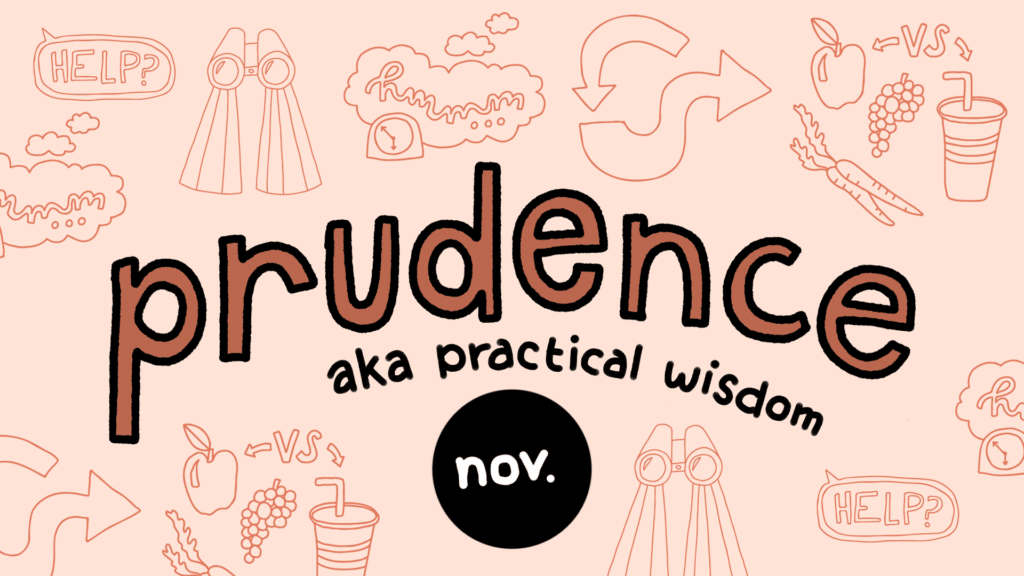“SLO Classical Academy is a community that forges character, fosters wisdom, and nurtures a lifelong passion for learning.”
We've all heard the SLOCA mission statement so often, that many of us have it committed to memory (and if you haven’t, you should!). It’s not just a well-strung sentence, but a guidepost for everything we do, every decision we make, and every element we teach. We know that forging character isn't something that happens by accident, and as a result, SLOCA highlights a specific character trait each month, both in the classroom, and hopefully, at home too.
This year on the blog we will be looking at ways to use literature to reinforce character growth. September highlights Responsibility, and our guest blogger today is our very own librarian, Emily Ferrarini, who is always ready and able to assist in literary matters! She not only shares about this topic, but has compiled a list of books that would make great additions to your child's repertoire this month.

Literature for children has long been employed as a way to teach lessons about moral character. We encourage you to discuss admirable character qualities with your children regularly, in conjunction with your literature reading time. Our curriculum is carefully chosen to offer our students models of noble attitudes and behaviors. The best authors do this in a subtle, relatable way, with appealing language and with sympathetic characters who grow and learn over the course of the story. I am of the opinion that these character discussions, while intentional, should be approached in a natural way that feels comfortable for children. Don’t bludgeon your children with morality tales. Information can be learned, but wisdom is earned over time. The best stories will become part of them, so enjoy this time with your children, and approach these book discussions with pleasure and curiosity.
Raising responsible children is easier said than done. When our children are young, they make big messes, and sometimes it’s easier just to clean up after them, rather than train them to sweep, do dishes, and keep track of their things. When they get a little bit older, sometimes it’s easier for us as parents to go to their teachers with concerns, when ideally they should be learning how to communicate their needs to teachers themselves. I admire parents who seem to navigate these things with ease; it’s always been tricky for me. And some children take to independence and responsibility more readily than others. But this is an achievable goal. I may not be grateful or humble every moment of the day, but I’m pretty consistently responsible. With everyone on board at home and at school, children can be taught responsibility.
The following books are all great catalysts for discussion about responsibility. Stories that only hit on one theme are likely to be dull, so enjoy them for all their many qualities.
Picture Books (all ages)

- The Summer My Father Was Ten, by Pat Brisson
- Arthur's New Puppy, by Marc Brown
- Cat Up a Tree, by John Hassett
- Lilly's Purple Plastic Purse, by Kevin Henkes
- Nanette's Baguette, by Mo Willems
- The Little Red Hen, by Paul Galdone (other versions/retellings)
- The Grasshopper and the Ants, by Jerry Pinkney (originally Aesop)
- Sally and the Limpet, by Simon James
- Bently and Egg, by William Joyce
- Taking Charge, by Sonia Levitin
- What's the Matter, Habibi? by Betsy Lewin
- The Honest-to-Goodness Truth, by Pat McKissack
- What if Everybody Did That? by Ellen Javernick
- For You Are a Kenyan Child, by Kelly Cunnane
- Faraway Drums, by Virginia Kroll
- The Thundermaker, by Alan Syliboy
- Squawking Matilda, by Lisa Horstman
- Pedrito's Day, by Luis Galay
Middle Grades (longer books, appropriate as read alouds or independent reads for up to about age 12)

- Henry and the Paper Route, by Beverly Cleary
- The Babe and I, by David Adler
- Fudge, by Charlotte Towner Graeber
- Hans Brinker, or The Silver Skates by Mary Mapes Dodge
- Judy Moody Declares Independence, by Megan McDonald
- Grim Tuesday, by Garth Nix
- Marvin Redpost, Alone in His Teacher's House, by Louis Sachar
- How to Lose Your Class Pet, by Valerie Wilson Wesley
- How to Lose Your Cookie Money, by Valerie Wilson Wesley
- Just Grace Walks the Dog, by Cherise Harper
- Crunch, Leslie Connor
- Trouble According to Humphrey, by Betty Birney
- How to Speak Dolphin, by Ginny Rorby
- The Librarian of Basra: A True Story from Iraq, by Jeannette Winter
Young Adult (middle school+):

- Flour Babies, by Anne Fine
- Hunger Games, by Suzanne Collins
- Kathleen's Story, by Lurlene McDaniel
- Death at Devil's Bridge, by Cynthia DeFelice
- Code Orange, Caroline Cooney
- Wait for Me, by An Na
- True Blue, Deborah Ellis
- Trouble, by Gary D. Schmidt
 Thank you, Emily – what a fantastic resource! And another big thank you to Jeannett Gibson for introducing this new series and finding all the images and links! We are grateful to you both for being inspired to share wonderful books that help develop character. Parents, click on the image to the right for a downloadable pdf of this month's character trait that you can print and display in your home:
Thank you, Emily – what a fantastic resource! And another big thank you to Jeannett Gibson for introducing this new series and finding all the images and links! We are grateful to you both for being inspired to share wonderful books that help develop character. Parents, click on the image to the right for a downloadable pdf of this month's character trait that you can print and display in your home:
Our Facebook page also periodically highlights items related to character – see what's new over there!












